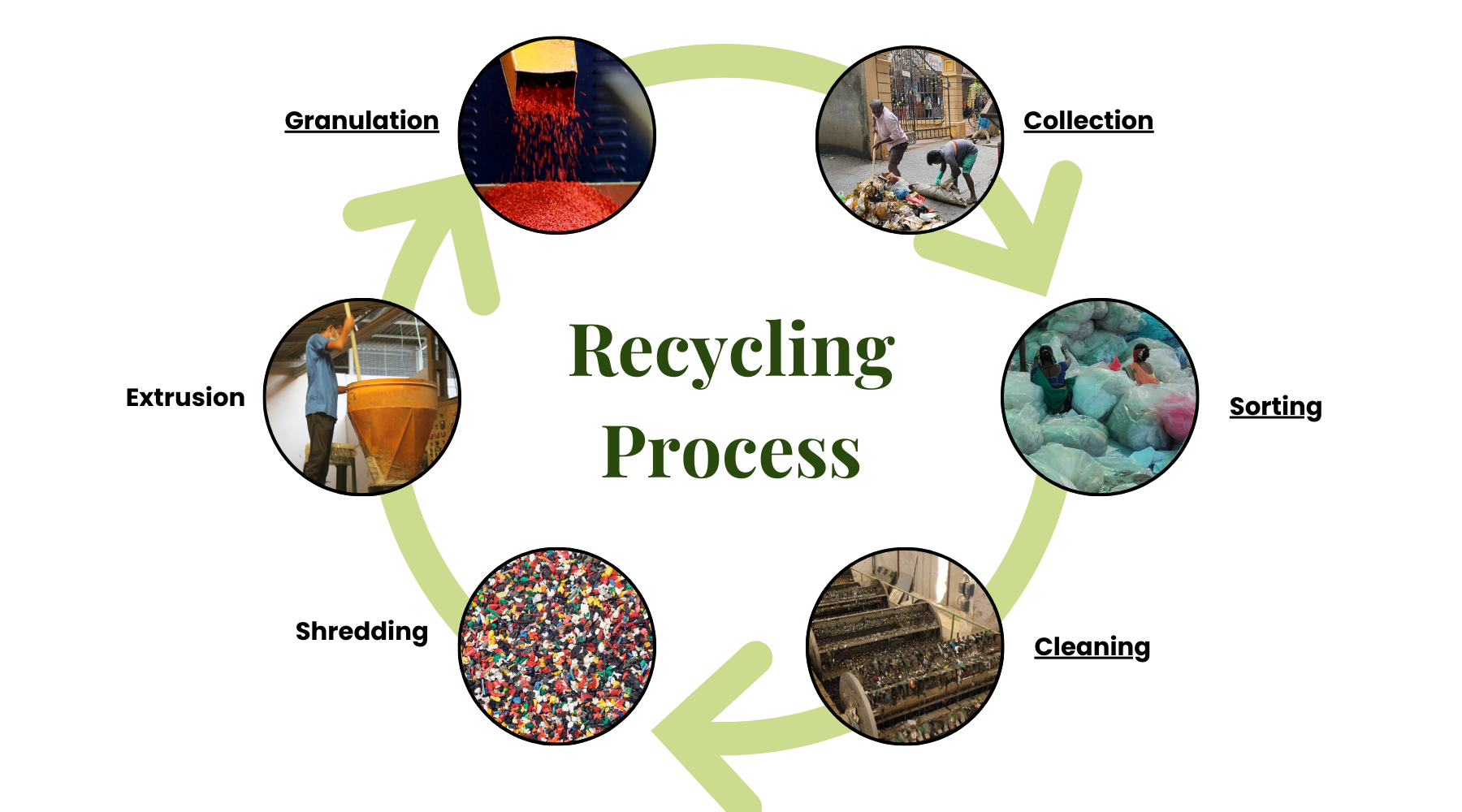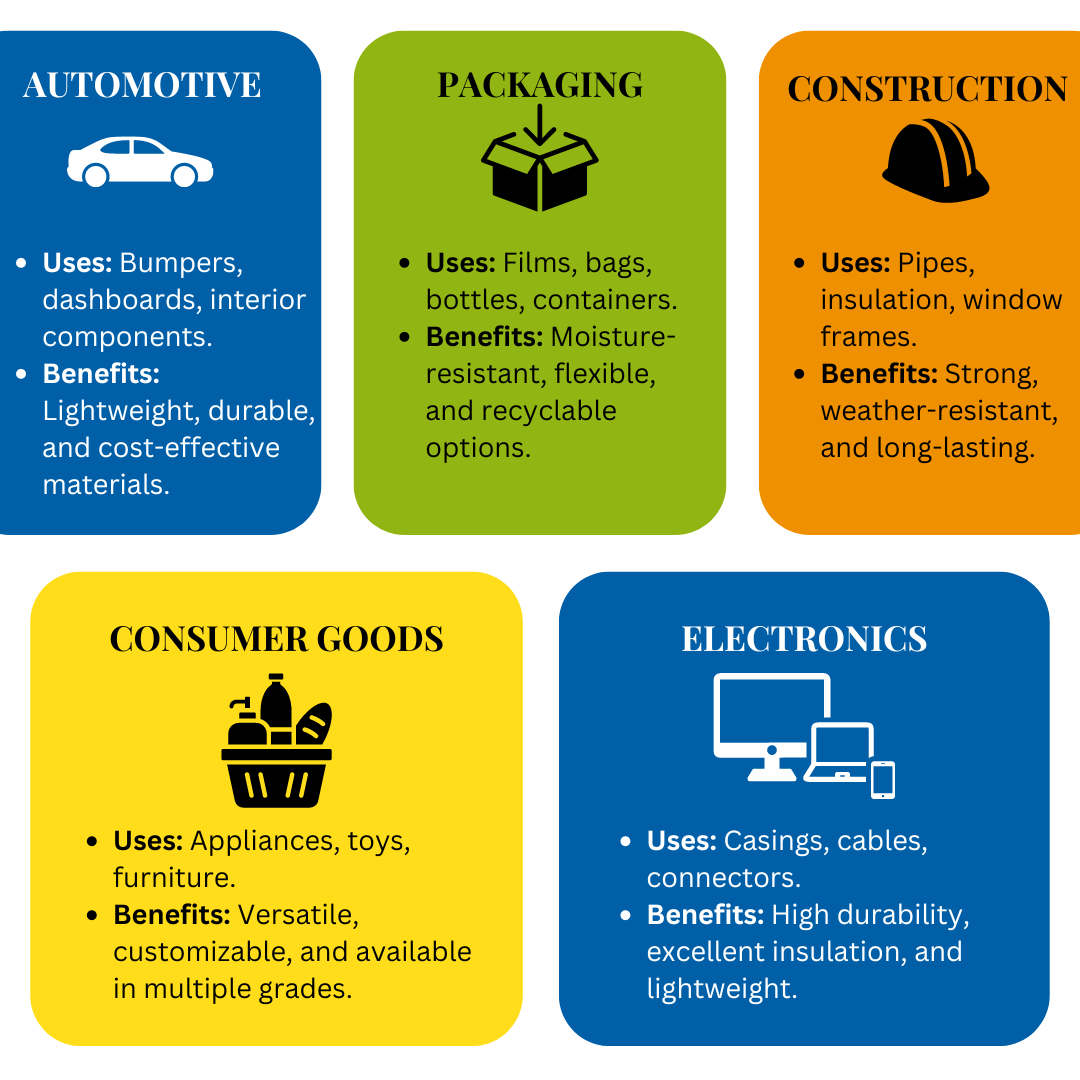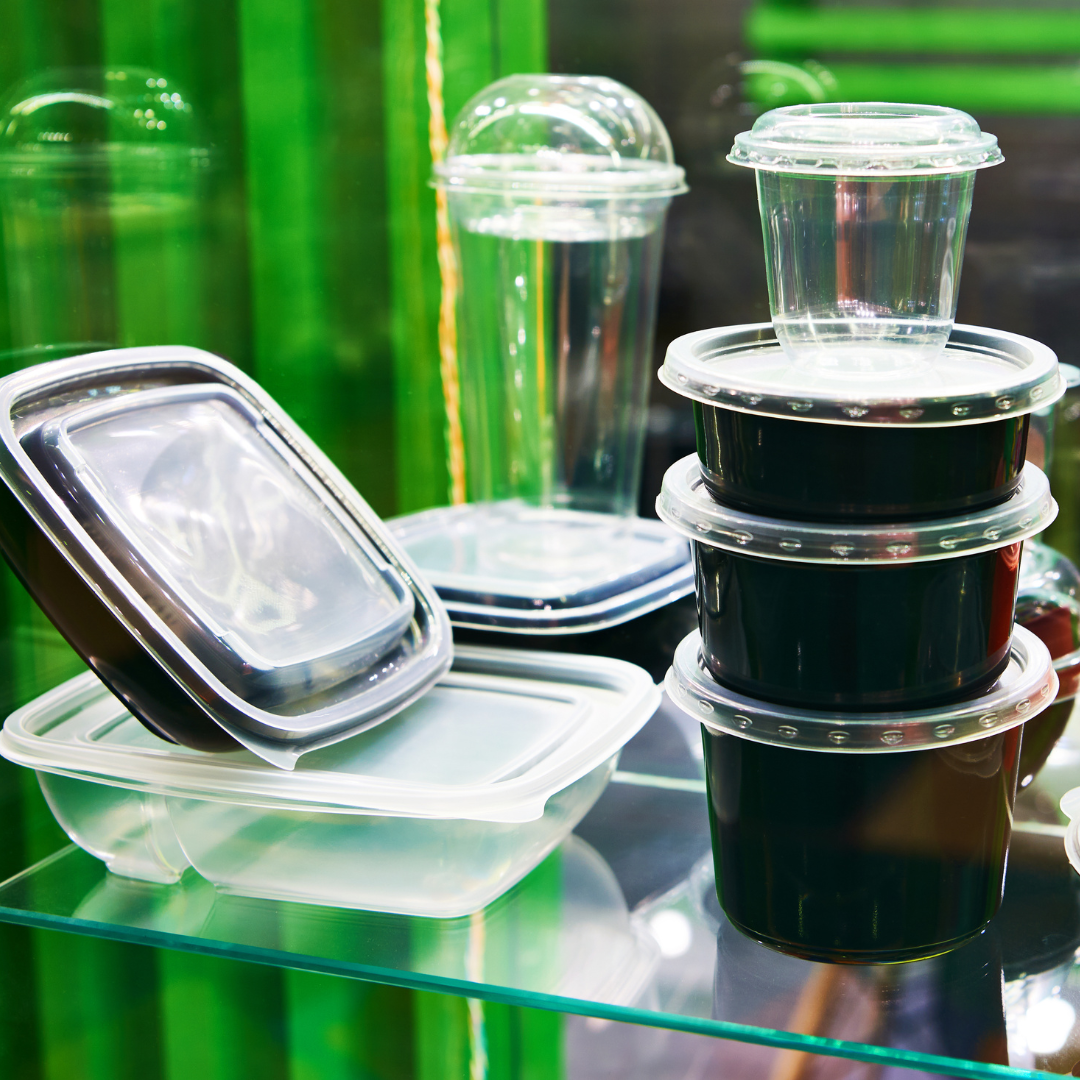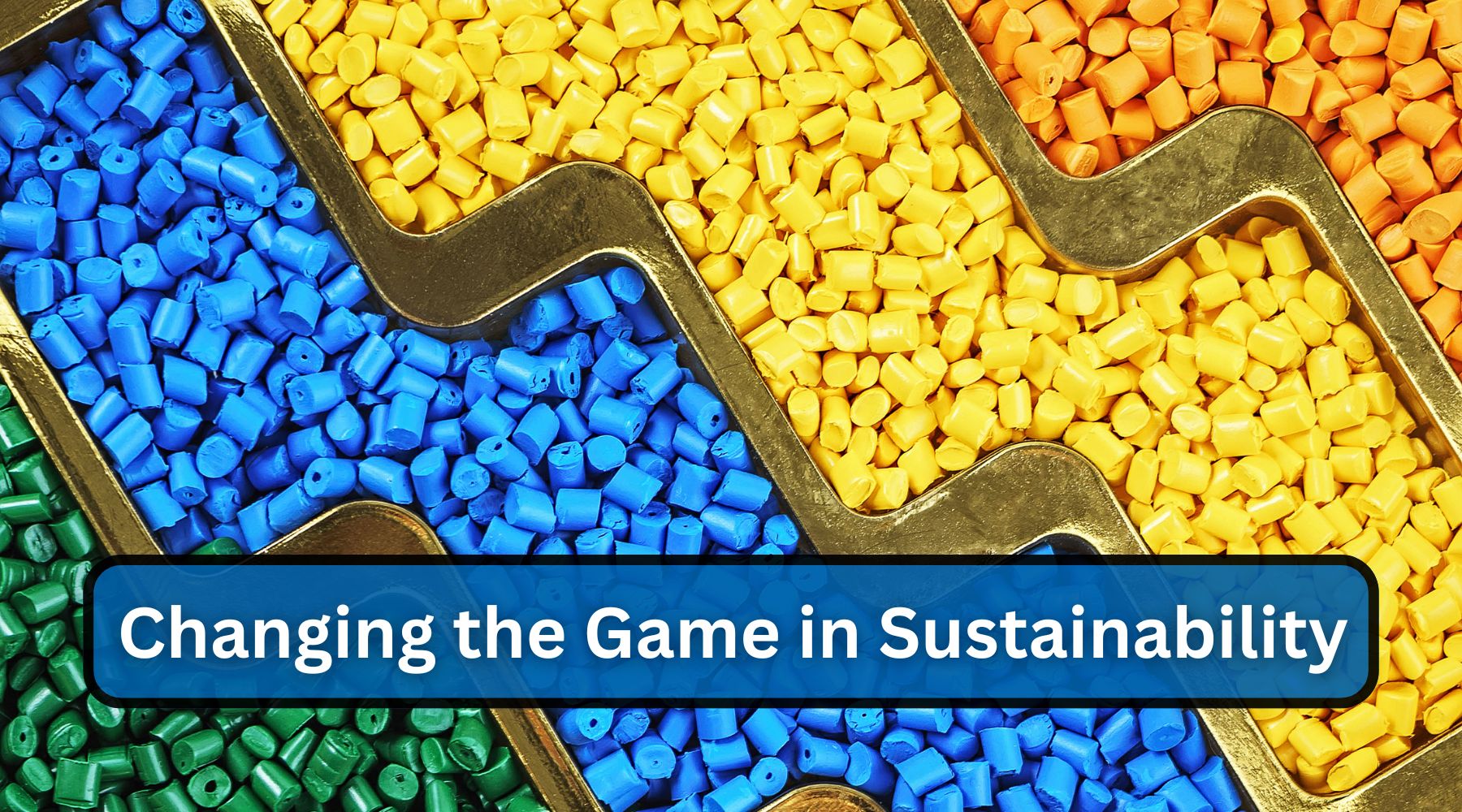The world is facing an alarming plastic waste crisis, with millions of tons of plastic polluting our oceans, landfills, and ecosystems. This mounting issue has led to a significant push toward sustainable alternatives, and one of the leading solutions in the fight against plastic waste is the use of recycled plastic granules. These small but mighty pellets are driving sustainability forward in various industries, reducing waste, conserving energy, and lowering our carbon footprint. But what exactly are recycled plastic granules, and why are they so important in the quest for a greener future? Let’s dive in.
What Are Recycled Plastic Granules?
At its core, recycled plastic granules are the result of a process that transforms waste plastic materials into small, reusable pellets. These granules can then be melted down and used to create new plastic products. Unlike virgin plastic, which is made from raw petroleum, recycled granules are created from post-consumer or post-industrial plastic waste, making them an eco-friendly alternative. Their use helps reduce the need for new plastic production, which in turn conserves fossil fuels and reduces pollution.
The Recycling Process for Plastic Granules
 The journey from waste to useful granules involves several key steps:
The journey from waste to useful granules involves several key steps:
- Collection and Segregation: The first step is collecting plastic waste from households, industries, and recycling centers. This plastic waste is then sorted into different types—such as PET, HDPE, or PP—based on their properties.
- Cleaning and Shredding: After sorting, the plastic is cleaned to remove contaminants such as labels, dirt, or food residues. Once cleaned, the plastic is shredded into smaller pieces, making it easier to process.
- Granulation: The shredded plastic is melted down and processed into small granules through machines designed specifically for this purpose. These granules can then be sold to manufacturers to create new products.
Related Articles: Step-by-Step Guide to the Plastic Granules Manufacturing Process
Types of Recycled Plastic Granules
There are various types of recycled plastic granules, each with its own set of properties and uses:
- PET Granules: Commonly used in packaging materials like bottles and containers.
- HDPE Granules: Known for their strength and durability, these granules are often used in pipes, containers, and packaging.
- PP Granules: These are lightweight and chemical resistant, making them ideal for automotive parts and packaging.
Related Articles: Types of Plastic Granules: Which One is Right for Your Business?
Benefits of Using Recycled Plastic Granules
The advantages of using recycled plastic granules are vast:
- Environmental Impact Reduction: By reusing plastic waste, we significantly reduce the amount of waste ending up in landfills or oceans.
- Energy Savings: Recycling plastic uses less energy compared to producing virgin plastic from raw materials.
- Lower Carbon Footprint: Recycling and using plastic granules result in fewer greenhouse gas emissions, contributing to climate change mitigation.
Industries Benefiting from Recycled Plastic Granules
 A wide range of industries are adopting recycled plastic granules to meet their sustainability goals:
A wide range of industries are adopting recycled plastic granules to meet their sustainability goals:
- Packaging Industry: Leading the charge in replacing single-use plastics with recycled materials.
- Automotive Industry: Utilizing lightweight recycled plastic granules to improve fuel efficiency.
- Construction Industry: Using plastic granules in eco-friendly building materials.
- Textile and Fashion Industry: Incorporating recycled plastics into sustainable clothing and accessories.
Recycled Plastic Granules in Packaging
 One of the most significant applications of recycled plastic granules is packaging. As consumers become more eco-conscious, brands are turning to sustainable packaging solutions. By using recycled plastic granules, companies can reduce their use of single-use plastics while meeting customer demands for environmentally friendly products.
One of the most significant applications of recycled plastic granules is packaging. As consumers become more eco-conscious, brands are turning to sustainable packaging solutions. By using recycled plastic granules, companies can reduce their use of single-use plastics while meeting customer demands for environmentally friendly products.
Impact on the Automotive Sector
In the automotive industry, recycled plastic granules are making a big impact. Car manufacturers are using these materials to produce lighter parts, improving fuel efficiency and reducing vehicles’ overall environmental impact. Not only does this reduce the weight of the car, but it also helps automakers meet stringent environmental regulations.
Construction Applications of Recycled Plastic Granules
Construction is another sector benefiting from the durability and versatility of recycled plastic granules. These granules are used to create construction materials such as composite lumber, which is more durable and sustainable than traditional materials like wood or metal. They are also being used in innovative infrastructure projects, such as roads made from recycled plastics.
Fashion’s Shift Towards Sustainability
In recent years, the fashion industry has also begun to embrace recycled plastics, using granules to create eco-friendly fabrics. From shoes to jackets, brands are incorporating these materials into their designs, creating stylish, sustainable fashion that appeals to eco-conscious consumers.
Challenges in Using Recycled Plastic Granules
While recycled plastic granules offer numerous benefits, there are challenges to consider:
- Quality Consistency: Achieving uniform quality in recycled granules can be difficult due to contamination and the varying properties of waste plastics.
- Contamination: Any impurities in the plastic waste can affect the quality of the final granules.
- Market Perception: Some consumers and manufacturers still perceive recycled plastic as inferior to virgin plastic.
Technological Advancements in Recycling Plastic
Fortunately, advancements in recycling technology are helping overcome these challenges. New sorting technologies are improving the efficiency and quality of plastic recycling, while innovations in granulation processes are leading to higher-quality recycled products.
Government and Corporate Support
Government policies and corporate initiatives are playing a crucial role in the growth of the recycled plastic granules market. Many countries have introduced regulations to promote plastic recycling, and companies are adopting corporate social responsibility (CSR) initiatives aimed at reducing their environmental impact.
Future of Recycled Plastic Granules
The future looks promising for recycled plastic granules. As technology continues to advance and more industries embrace sustainability, the demand for recycled plastics is expected to grow. Innovations in recycling methods will likely lead to even more efficient processes and higher-quality products, further solidifying recycled plastic granules as a key player in the sustainability movement.
Conclusion
Recycled plastic granules are undoubtedly changing the game in sustainability. By reducing plastic waste, conserving energy, and offering versatile applications across multiple industries, they are proving to be an essential component in building a greener future. With continued advancements and increased adoption, recycled plastic granules are set to play an even bigger role in shaping a more sustainable world.
FAQs
- What are the main benefits of recycled plastic granules?
Recycled plastic granules help reduce plastic waste, conserve energy, and lower the carbon footprint of manufacturing processes. - Can recycled plastic granules completely replace virgin plastic?
While recycled plastic granules can replace virgin plastic in many applications, some industries may still require virgin plastic for specific uses.

